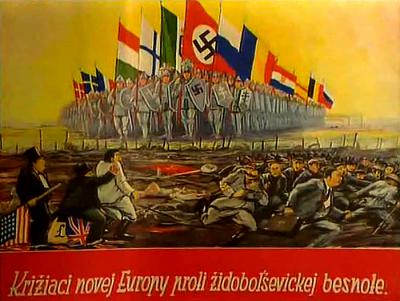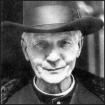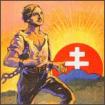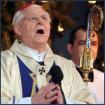 Church and state in Slovakia
Church and state in Slovakia
♦ Why Slovakia?
♦ Slovak teacher speaks out on religious education
♦ Father Hlinka’s secret mission (1919)
♦ New Slovak law rehabilitates wartime regime
♦ Timely eviction of the National Memory Institute
 Due to its past, Slovakia is particularly vulnerable to Vatican influence. For the first time in their long history the Slovaks got their own country during WWII. This was the First Slovak Republic under its president, the Catholic priest, Father Jozef Tiso. One of the regime's propaganda posters says it all: “Crusaders of the new Europe against Jewish-Bolshevik rabies”.
Due to its past, Slovakia is particularly vulnerable to Vatican influence. For the first time in their long history the Slovaks got their own country during WWII. This was the First Slovak Republic under its president, the Catholic priest, Father Jozef Tiso. One of the regime's propaganda posters says it all: “Crusaders of the new Europe against Jewish-Bolshevik rabies”.
Yes, this was issued by the government led by the priest whom some are now hoping to get canonised.












